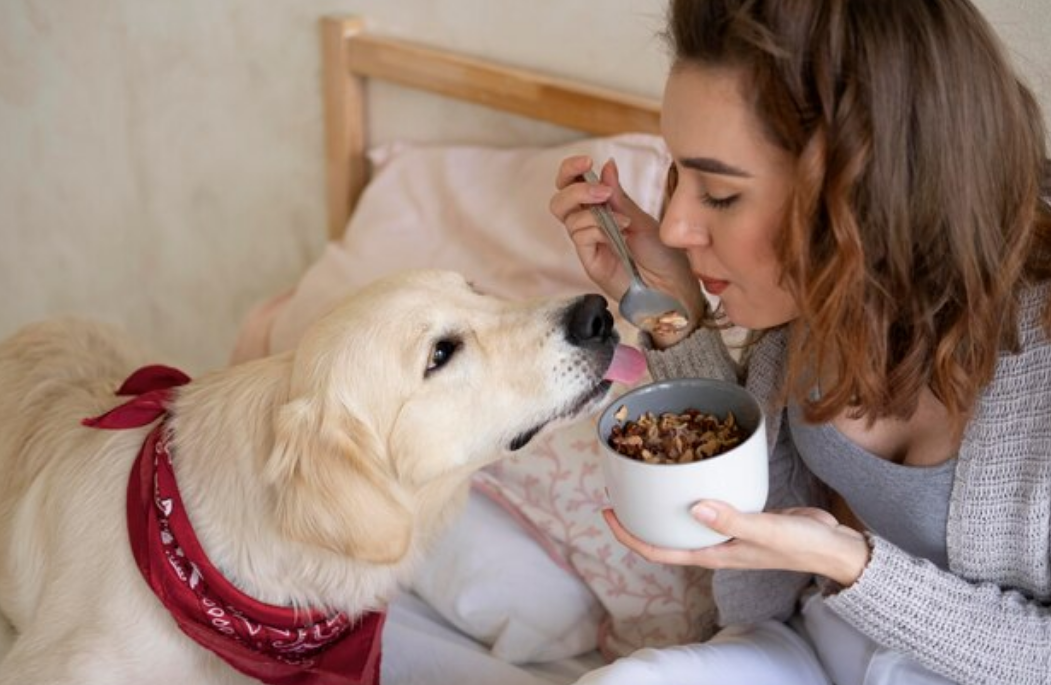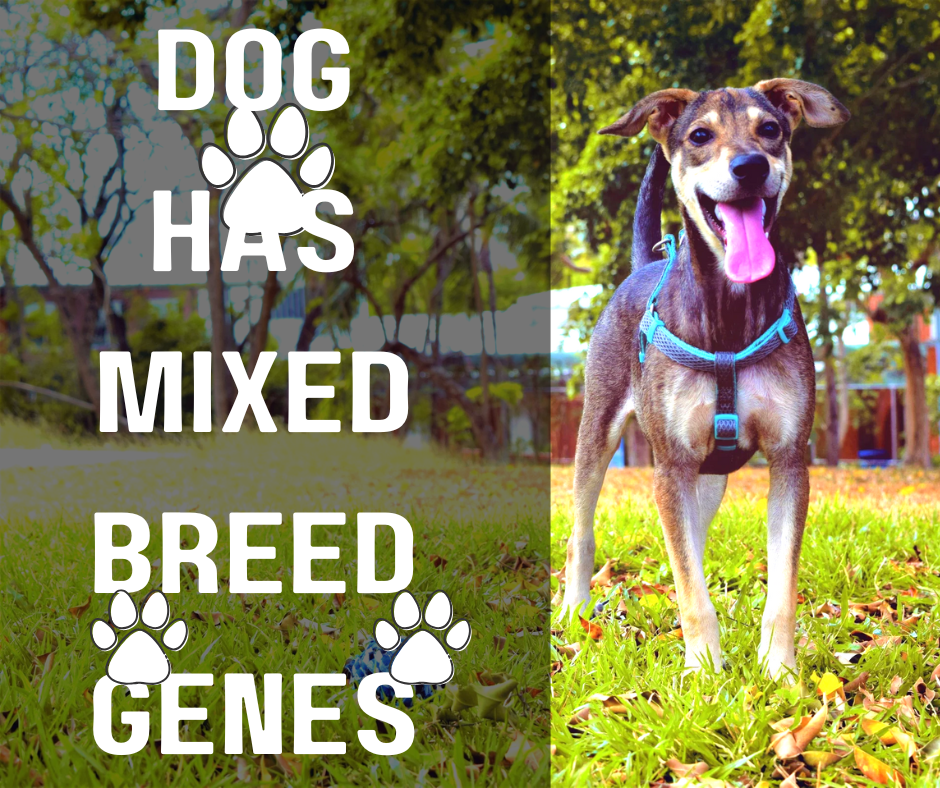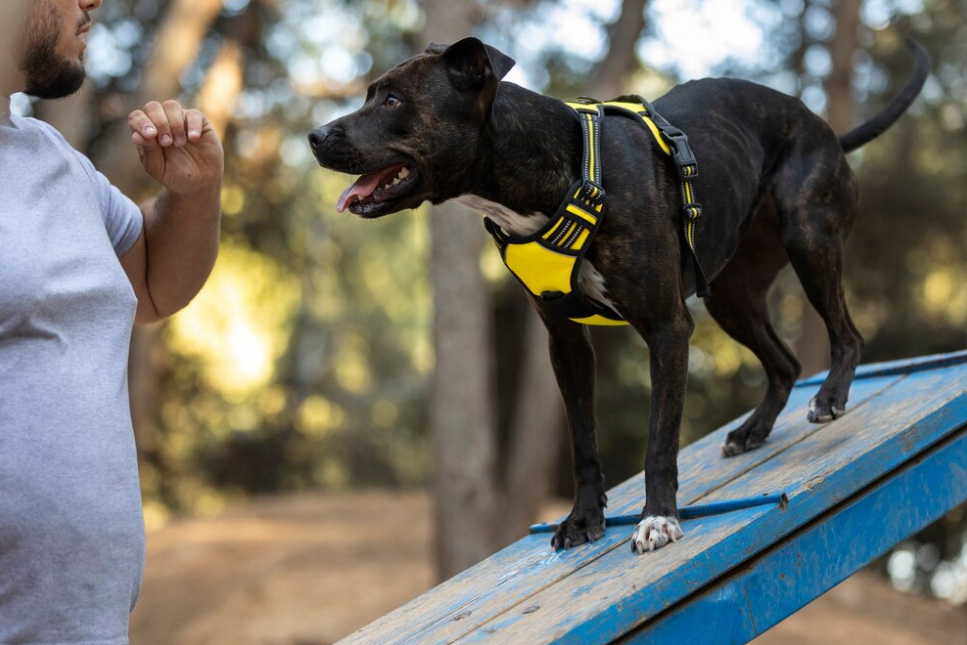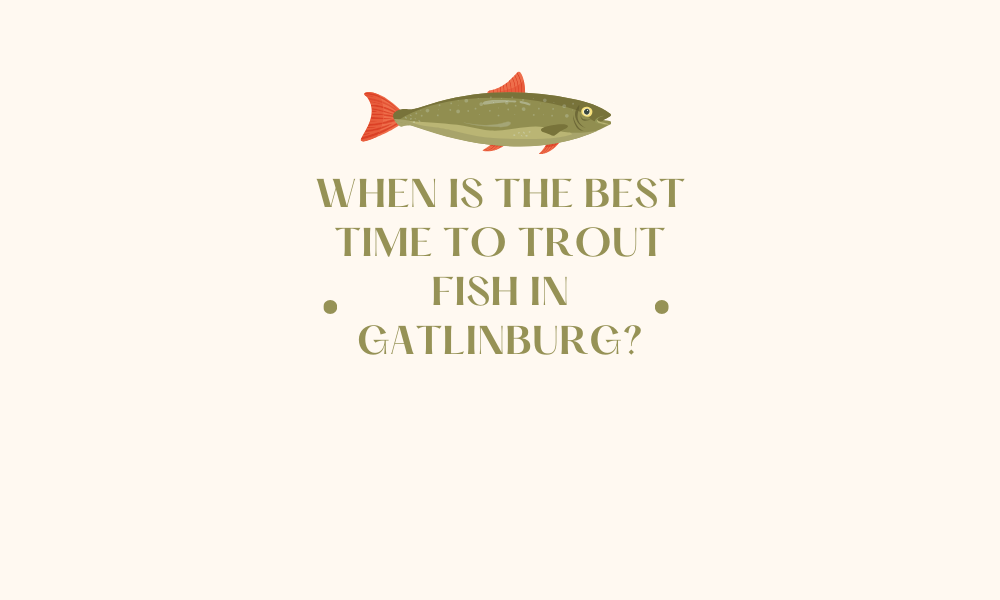As winter sets in and the temperature drops, it’s not uncommon for many dog owners to notice a change in their furry friend’s eating habits. Some dogs might become more selective with their food, while others may show a decreased appetite altogether. While this can be concerning for pet parents, it’s essential to understand that a decrease in your dog’s food intake during the winter months is often a natural response to the changing season. In this blog, we will explore some of the reasons why your dog may not be eating as much during the winter and offer tips on how to ensure your canine companion stays healthy and well-fed throughout the colder months.
Here are 10 Reasons Why My Dog Isn’t Eating Food in Winter:
Reduced Physical Activity: One of the most significant factors contributing to a decrease in your dog’s appetite during winter is the reduced physical activity. Dogs, like humans, tend to be less active when the weather is cold and unpleasant. This reduced activity can lead to a decrease in their caloric needs, causing them to eat less. It’s essential to be mindful of your dog’s energy expenditure and adjust their food intake accordingly to avoid unnecessary weight gain.
Temperature Sensitivity: Dogs, especially those with short fur or thin coats, are more sensitive to temperature changes. In colder weather, their body temperature regulation mechanisms may require additional energy, diverting resources away from their appetite. Some dogs might simply not want to eat when they feel cold, preferring to conserve energy instead.
Seasonal Changes in Metabolism: Dogs, like many animals, have evolved to adapt to seasonal changes. During the winter months, their metabolism may naturally slow down to help them conserve energy. This reduction in metabolic rate can result in decreased hunger, causing them to eat less.
Seasonal Affective Disorder: Believe it or not, dogs can also experience something akin to seasonal affective disorder (SAD), which can affect their mood and appetite. The lack of daylight during the winter can lead to decreased serotonin levels in dogs, resulting in a lowered appetite. Ensuring your dog gets enough exposure to natural light during the winter can help mitigate this issue.
Dry Air and Dehydration: In many regions, the winter months bring dry air and indoor heating, which can lead to dehydration in dogs. Dehydration can impact their appetite and overall well-being. Make sure your dog has access to clean, fresh water at all times, and consider using a humidifier to maintain an appropriate level of humidity indoors.
Dietary Preferences: Just like humans, dogs can have seasonal preferences when it comes to food. They might not be as excited about their regular kibble during the winter, so consider adding some variety to their diet. You can try warming their food slightly or incorporating warm broths and stews to entice them.
Illness or Dental Problems: Sometimes, a decrease in appetite during the winter might be due to an underlying health issue. Dental problems, such as toothaches or gum infections, can make eating uncomfortable for your dog. If you notice any signs of illness or discomfort, consult your veterinarian for a thorough checkup.
Scent and Taste Sensitivity: In colder weather, food odors are less noticeable, which can affect your dog’s interest in their meals. Try to enhance the aroma of their food by adding some warm water, low-sodium broth, or a bit of canned food. This can make their meals more appealing and enticing.
Behavioral Changes: Some dogs may exhibit behavioral changes during the winter, which can impact their eating habits. Anxiety, stress, or boredom can lead to a lack of interest in food. To combat this, engage your dog in indoor activities and provide mental stimulation through toys and puzzles.
Weight Management: Lastly, it’s important to remember that dogs tend to gain weight during the winter due to decreased activity. While a reduced appetite might be a natural response to the season, it’s crucial to monitor your dog’s weight and adjust their diet accordingly to maintain a healthy body condition.
In conclusion, a decrease in your dog’s food intake during the winter is a common occurrence and often a natural response to the season’s changes. However, it’s essential to monitor your dog’s health and well-being to ensure they are not experiencing any underlying issues. Providing a balanced and appealing diet, maintaining proper hydration, and keeping your dog active and mentally stimulated can help them navigate the winter months in good health. If you have concerns about your dog’s appetite or overall health, don’t hesitate to consult with your veterinarian for guidance and support.












